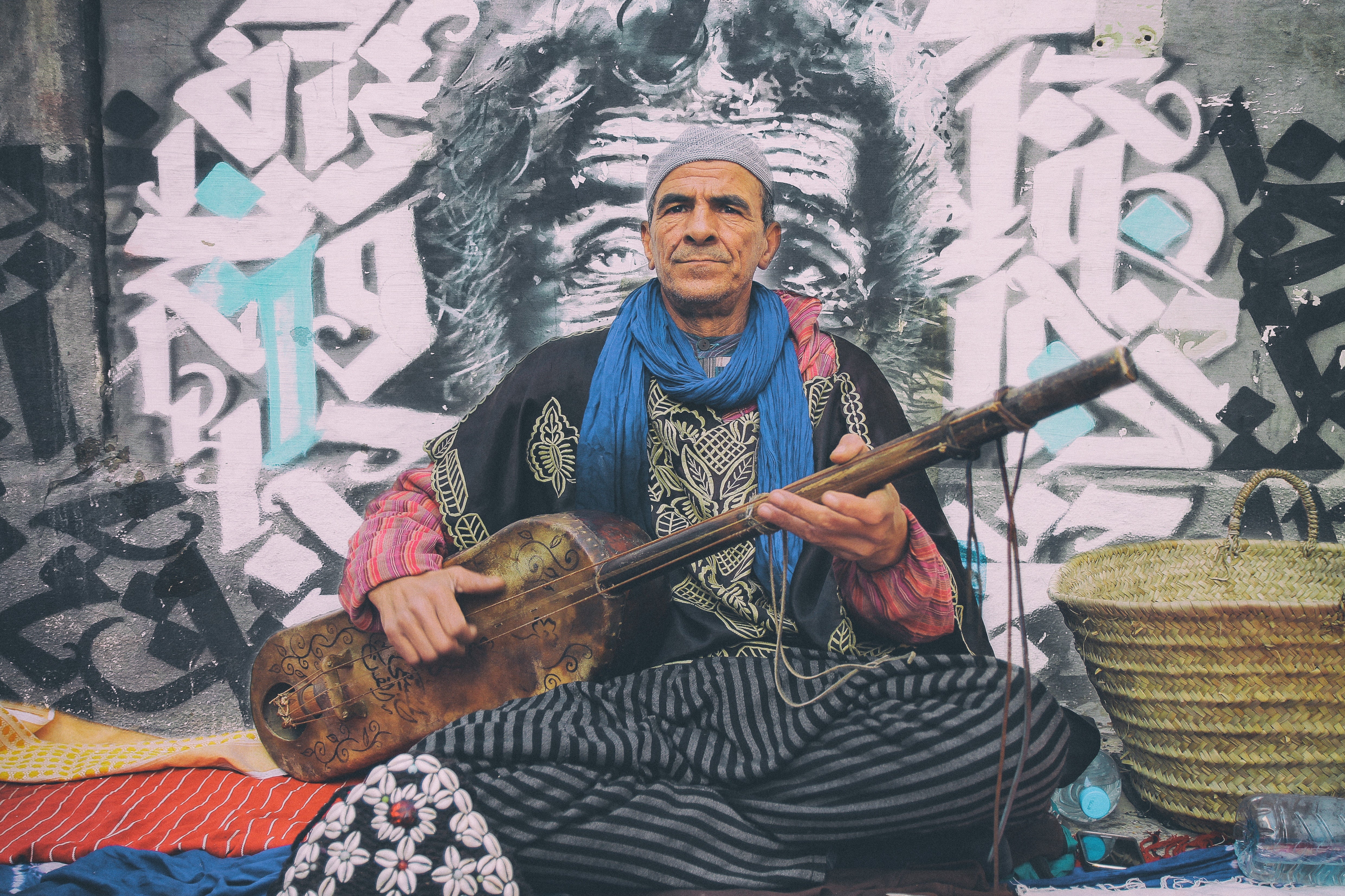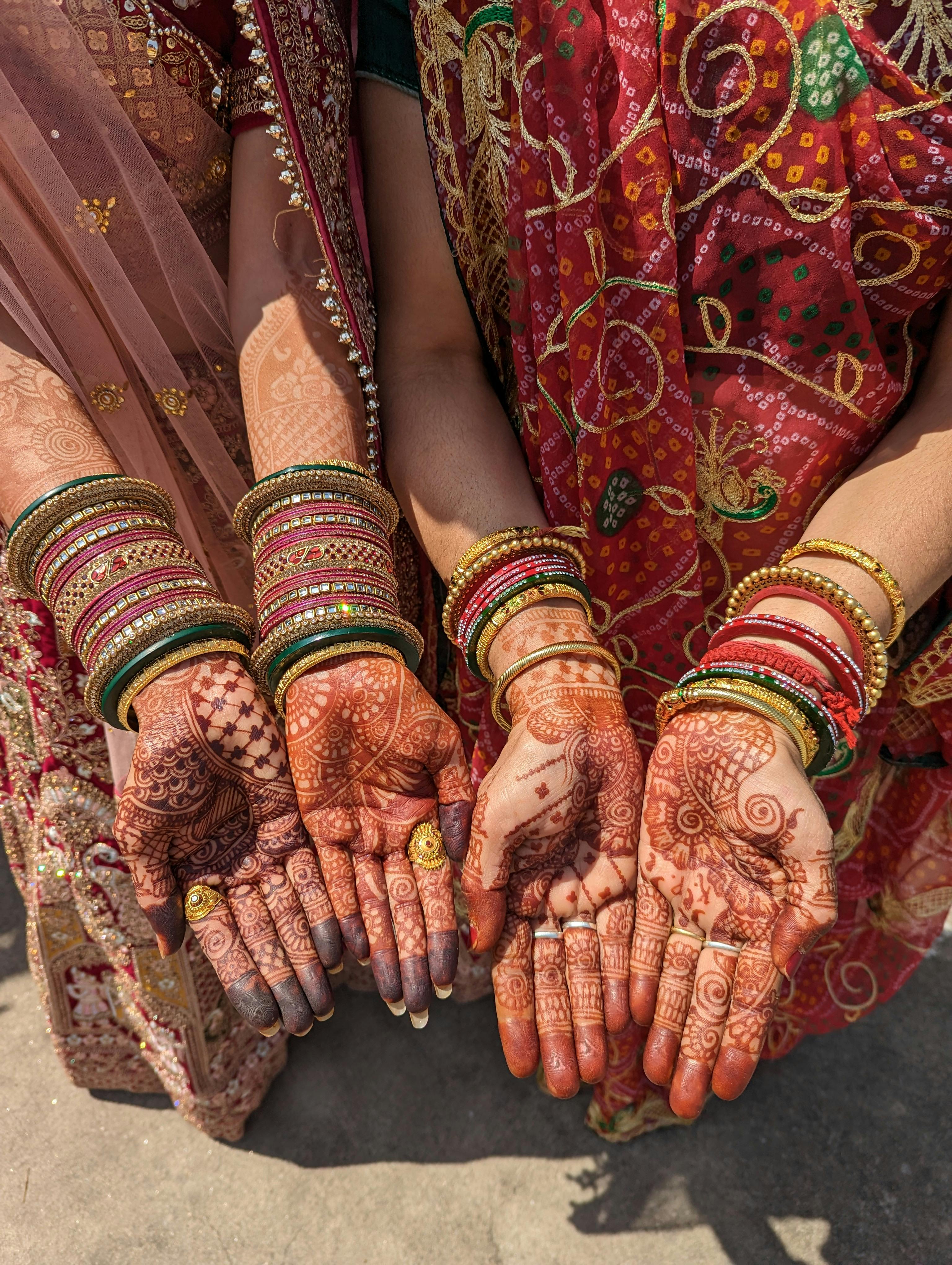UNESCO’s highly anticipated 2023 Intangible Cultural Heritage List illuminates a tapestry of cherished Arab traditions flourishing across the Middle Eastern landscape. This meticulously curated collection not only venerates the deep-rooted cultural essence of these traditions but also champions UNESCO’s resolute commitment to their protection and endurance. Notably, several traditions have garnered placement in the 'In Need of Urgent Safeguarding' category, signaling the imperative need for immediate preservation efforts.

This compelling compendium serves as a testament to the inherent significance of these cultural practices, each embodying a rich narrative of resilience, artistry, and communal cohesion woven through generations. These traditions encapsulate centuries-old wisdom and craftsmanship, contributing profoundly to the shared heritage of humanity. Dive deeper into the stories encapsulated within these newly recognized cultural practices, discovering their essence and significance, while exploring the concerted initiatives dedicated to safeguarding their invaluable legacy for the enrichment of future generations.
1. Harees
Harees, a beloved dish composed of wheat grain, meat, and ghee, originating from the UAE, Oman, and Saudi Arabia, has earned its place on UNESCO's list of intangible cultural heritage. In these nations, Harees intertwines deeply with social and cultural facets, resonating within folk tales, local proverbs, and poetic verses, as described by UNESCO. Passed down through generations, the skills and wisdom to prepare Harees are traditionally transmitted from mothers to daughters, imparted not only in educational institutions but also within the realms of restaurants, hotels, and media outlets, showcasing its multifaceted presence in society.
This culinary tradition transcends mere sustenance; it symbolizes hospitality and generosity, serving as a medium to foster social bonds and strengthen communal ties. Through the act of preparing and sharing Harees, a profound sense of connection thrives among individuals and communities. Its inclusion in UNESCO's prestigious list not only underscores its cultural significance but also highlights the role it plays in fostering cultural cohesion and preserving the rich tapestry of Arab traditions for generations to come.

2. Dabke
Dabke, a cherished group dance indigenous to Palestine, has earned its place in UNESCO's catalog under the Humanity category. This lively dance form, accompanied by traditional wind instruments and rhythmic singing, holds deep cultural significance among Palestinians. Embraced by the majority, Dabke serves as a joyful communal expression shared among family, friends, and neighbors.
UNESCO acknowledges this dance as a cherished facet of Arab traditions, symbolizing unity and celebration within Palestinian society. The heartfelt lyrics sung in local dialects during Dabke performances resonate with emotions of bravery, resilience, and affection, embodying the essence of diverse occasions.
Its inclusion in UNESCO's esteemed list not only elevates its cultural importance but also acknowledges its role in preserving the heritage of Arab traditions. Dabke stands as a testament to the cultural vitality of Palestine, fostering connections and preserving emotions that weave the social fabric of the community.

3. Traditional Syrian glassblowing
Within UNESCO's 'Need of Urgent Safeguarding' category lies the description of traditional glassblowing in Damascus, Syria, an esteemed artisanal practice crafting glass objects from discarded glass fragments. Historically confined to specific lineages, this craft was passed down through paternal lineage, imparting the craft's secrets to successive generations. Presently, this knowledge transitions informally through hands-on training in workshops, ensuring its continuity.
This revered practice of Damascene glassblowing not only sustains artisans' livelihoods but also fosters a sense of cultural heritage, contributing to a collective sense of belonging and perpetuating a cultural continuum. It intricately weaves through social, spiritual, and historical realms, deeply rooted in the fabric of Arab traditions. Recognized as part of UNESCO's Intangible Cultural Heritage, this craft embodies cultural resilience, encapsulating the essence of ancestral wisdom and preserving a profound link to historical customs and communal spaces.

4. Man’ouche
Listed among the cultural heritage treasures is Lebanon's renowned Man'ouche flatbread, celebrated as a quintessential breakfast choice across diverse backgrounds in the Arab culture. Described by UNESCO as a cherished tradition, this flatbread is lovingly crafted in homes and specialized bakeries. Its preparation, along with diverse toppings, is traditionally passed down informally from generation to generation, from parents to children. Man'ouche stands as a flavorful embodiment of Lebanon's culinary legacy, symbolizing cultural continuity and unity through its widespread enjoyment and the transmission of culinary techniques across Lebanese families.




